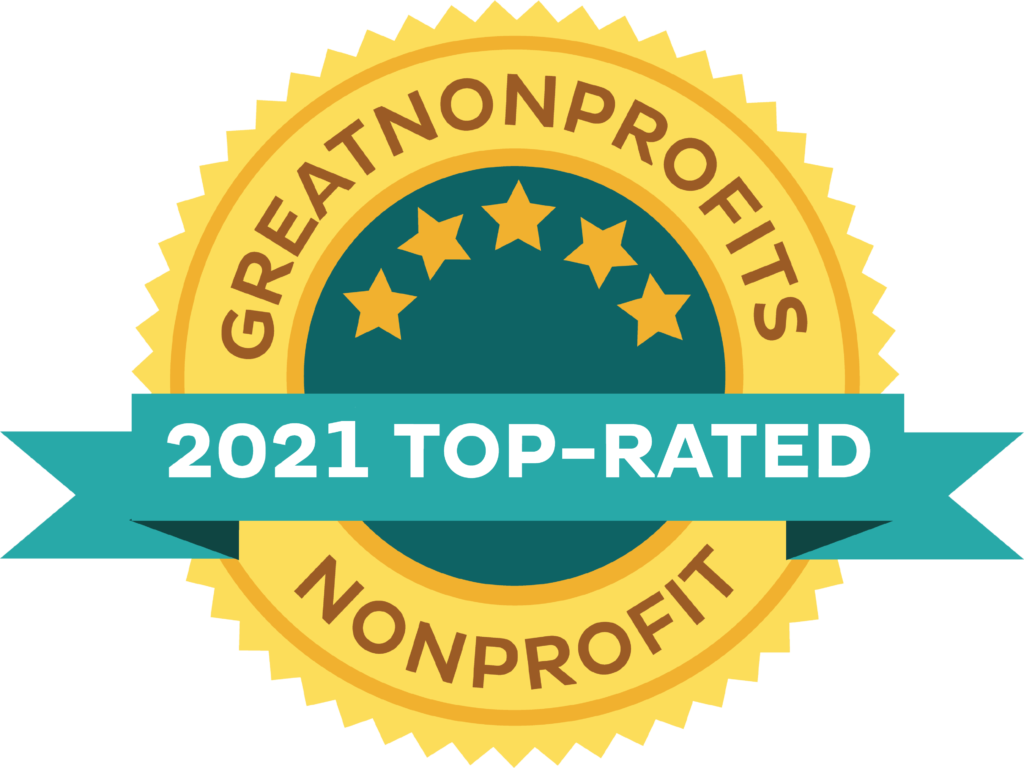Bianka fled Honduras and made the journey to the United States at age 13. Her purported father abandoned her mother before Bianka was born, and allegedly physically abused her mother while she was pregnant with Bianka, including beating her with a machete.
Bianka sought Special Immigration Juvenile Status (SIJS) in the United States. SIJS is a federal immigration status created by Congress to provide protection to undocumented, unaccompanied children who enter the United States after experiencing parental abuse, neglect, or abandonment.
Bianka requested that her mother be granted sole custody of her in California. The lower courts denied her requests, finding that because Bianka’s purported father was living in Honduras, Bianka or her mother would have to solicit cooperation from him so that the California court could exercise jurisdiction over him.
In FVAP’s amicus brief to the CA Supreme Court regarding this case, which we co-counseled with Mayer Brown LLP, we explain how this decision, if allowed to stand, would broadly impact the ability of abused, neglected, and abandoned children to obtain SIJS findings necessary for them to escape abuse. The lower court’s ruling places survivors of abuse, and children of abused parents, in the dangerous position of having to bargain with the abusive parent’s cooperation in order to be protected against being released back into the abusive parent’s care. This contradicts fundamental principles of California’s family and domestic violence laws, which make the child’s interests paramount and require courts to mitigate (rather than enhance) the abuser’s power over a survivor of domestic violence, whether it is the parent or child.


